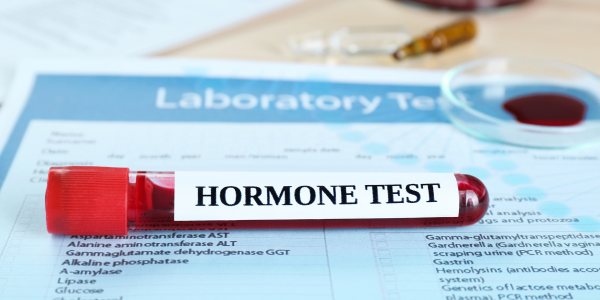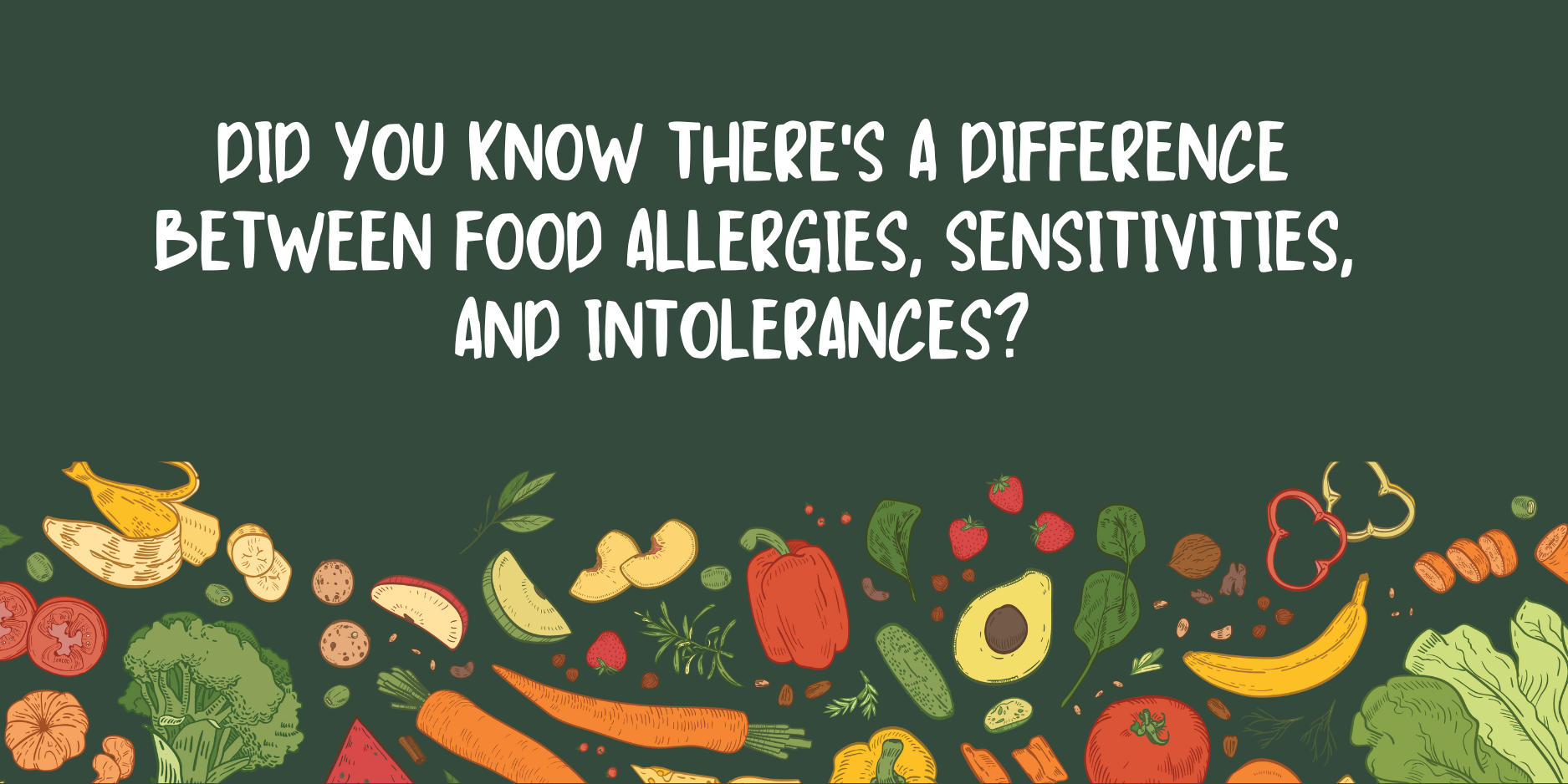

Okay. Do you have one of the ABCD gut symptoms? So these are acid reflux, bloating, constipation, and diarrhea. These are the four most common gut symptoms. It’s not all inclusive, but I want to spend a few minutes to talk a little bit about each of them and what are some things that may be possibly contributing to these specific gut symptoms.
Acid Reflux
So acid reflux or heartburn is super, super common. One of the most common reasons I see why it happens is just overeating, you just straight up ate too much. Another big thing is alcohol. Alcohol definitely increases the chances of acid reflux. So does laying down within two hours of eating. So eating too close to bed can contribute to it. But so can sugar. So sugar’s a big one. Grains for some people, spicy foods and acidic foods. And that’s for people that are a little bit more sensitive.
So even if you are, for example, not overeating, you’re not drinking alcohol, you’re not laying down within two hours of eating, but you know that there are people that, for example, they know that the tomato-based products or citrus-based products, or if it’s too spicy, they’re going to get acid reflux. So those are just some common causes for you to think about for acid reflux. A lot of them are very modifiable, right? You can eat smaller meals, you can avoid eating too late, you can cut down on alcohol, sugars, spicy foods, acidic foods, and grains. So those would just be some easy troubleshooting things to think about.
Bloating
And then of course, bloating is the next most common symptom. When I hear about bloating, I start thinking, “Is this person not digesting and processing their food properly?” So do they not have enough digestive capabilities? Are they missing stomach acid, bile or pancreatic enzymes? Or is their motility slow? Is the food not moving through their stomach or small or large intestine at the rate that it should be? Are there overgrowth or infections contributing to bloating? And that’s because if you think of SIBO and IMO, small intestinal bacterial overgrowth or intestinal methanogen overgrowth, they actually produce gasses, right? They produce hydrogen, hydrogen sulfide, methane gasses. Or if it’s yeast, it can produce carbon dioxide gasses that can contribute to bloating. Another thing I think about when I hear of bloating is did this person change their diet recently? So did they put a whole lot of fiber in their diet really quickly? Or did they add a lot of vegetables or fruits really quickly that they’re not used to? Not giving your body enough chance to increase its digestive capabilities naturally.
Constipation
And then constipation is very, very common. There are some things that are super, super helpful for constipation. A lot of the root causes are definitely avoidable. For example, if someone is constipated, the first thing we talk about is are you drinking enough water? So are you dehydrated? Are you moving enough? So not enough exercise and movement can contribute to constipation. Do you have super low dietary fiber intake? Do you need to increase that dietary fiber? Do you have slow motility? So are things not moving through the gut fast enough? And there are multiple different reasons why that might be happening, including SIBO or IMO like we had mentioned previously with bloating. And then of course, certain medications can contribute to constipation as well.
Diarrhea
And then diarrhea, the last of the ABCDs. Of course, food allergies, sensitivities, and intolerances can all contribute to diarrhea. Those can actually contribute to any of the ABCDs, but I would say people more commonly get diarrhea with a food allergy sensitivity or intolerance. That’s the most common symptom that happens with those in the gut anyway. But of course, you could get constipation, you could get bloating, and you could also get acid reflux with those. But also really common reasons for diarrhea include obviously infections, bacteria, parasites, fungus, virus. Those can all cause loose stools. And of course, overgrowths like we talked about in a previous video with having things like SIBO and IMO. Or even just not even SIBO and IMO, but you can have low levels of bacteria that are just not supposed to normally be in the gut at that level.
And then of course, too much dietary fiber can also cause loose stools in some. So again, too much fiber too fast can also cause diarrhea in addition to bloating. And then medications are another common one that can contribute to diarrhea. And then of course, nutritional supplements, right? Because of two things. One, supplements, a lot of them come from food sources. So you could of course have a sensitivity, allergy or intolerance to something in a supplement. But taking too much magnesium, for example, is a big one that can contribute to you having loose stools or too much aloe and so on. So these are the most common reasons I would say for the ABCD. So acid reflux, bloating, constipation, diarrhea.
Testing
So if you have one of those conditions, then I would think about some of the things I said. And if nothing obvious pops up to you, then the next step would be getting tested, right? So if we want to test and see what’s going on inside the gut, we would do, there’s lots of options, stool studies. We can look at breath tests to see if there’s SIBO or IMO. We can look at organic acid tests, food allergies, and sensitivities. We’ll look at nutrient levels, hormone levels, toxins, metals mold, environmental toxins. We can look at all of those because they can all contribute to gut symptoms. This is Dr. Emily Parke.
Part I: The Gut Microbiome
Part II: Root Causes of Gut Symptoms
Share:
Dr. Emily Parke
Social Media
Most Popular Posts
Subscribe To Our Newsletter
Related Posts

New Podcast Episode: My journey into functional medicine + what I’ve learned
I’m excited to share that I recently joined DeLo for Episode 165 of the On the DeLo podcast! In this conversation, we explored my journey

Understanding the Essential Labs for Women on Hormone Replacement Therapy (HRT)
So what are the minimum labs we’re looking at when we do hormone replacement therapy? We obviously want to look at an estrogen level, so

How to figure out the right amount of HRT in women
What about checking lab values when you’re on hormone replacement therapy? I do find it to be helpful, but we also want to consider symptoms.

Did you know there’s a difference between food allergies, sensitivities, and intolerances?
Did you know that there’s a difference between food allergies, food sensitivities and food intolerances? Food allergies, the reactions tend to happen pretty immediately and
